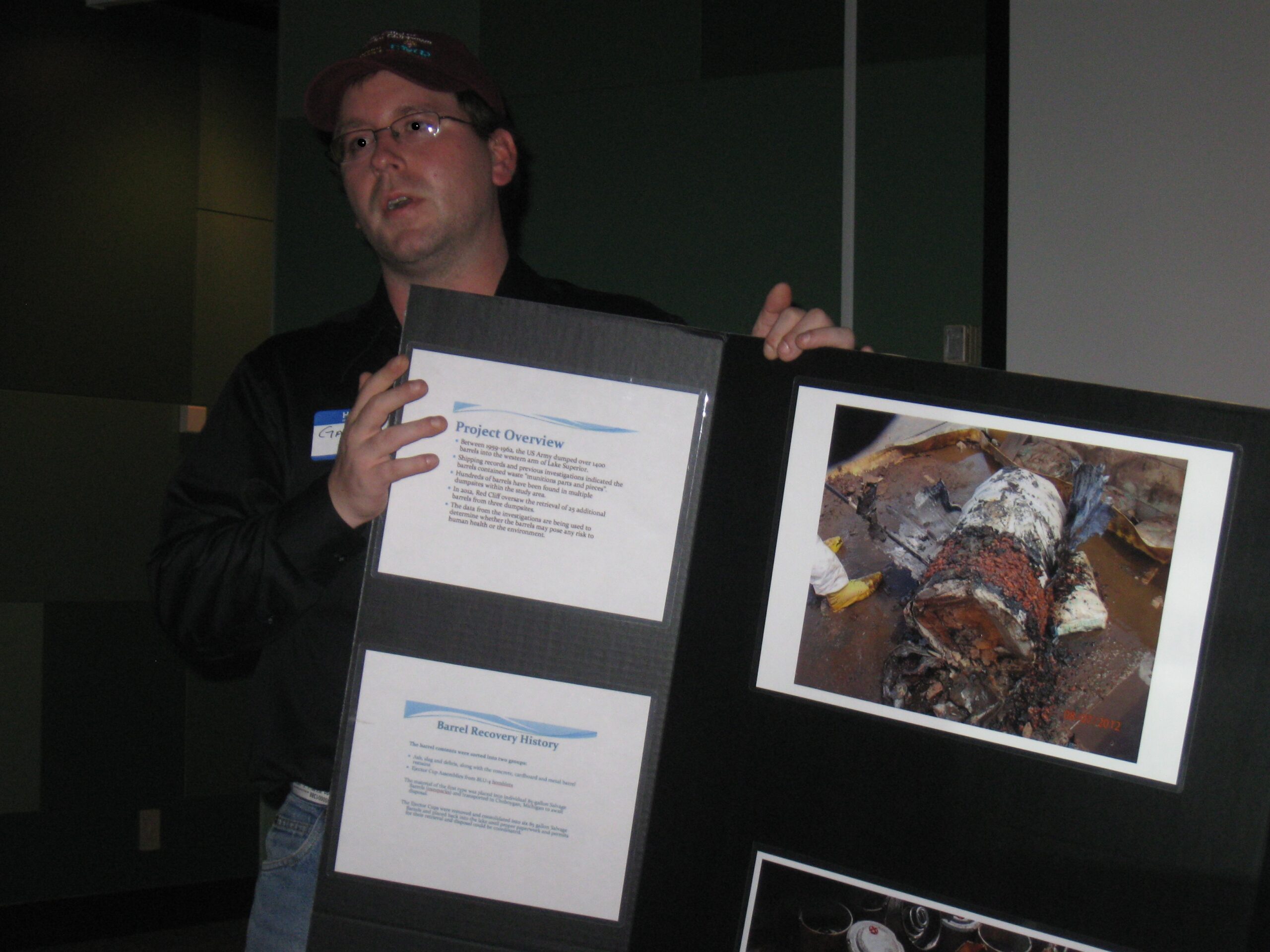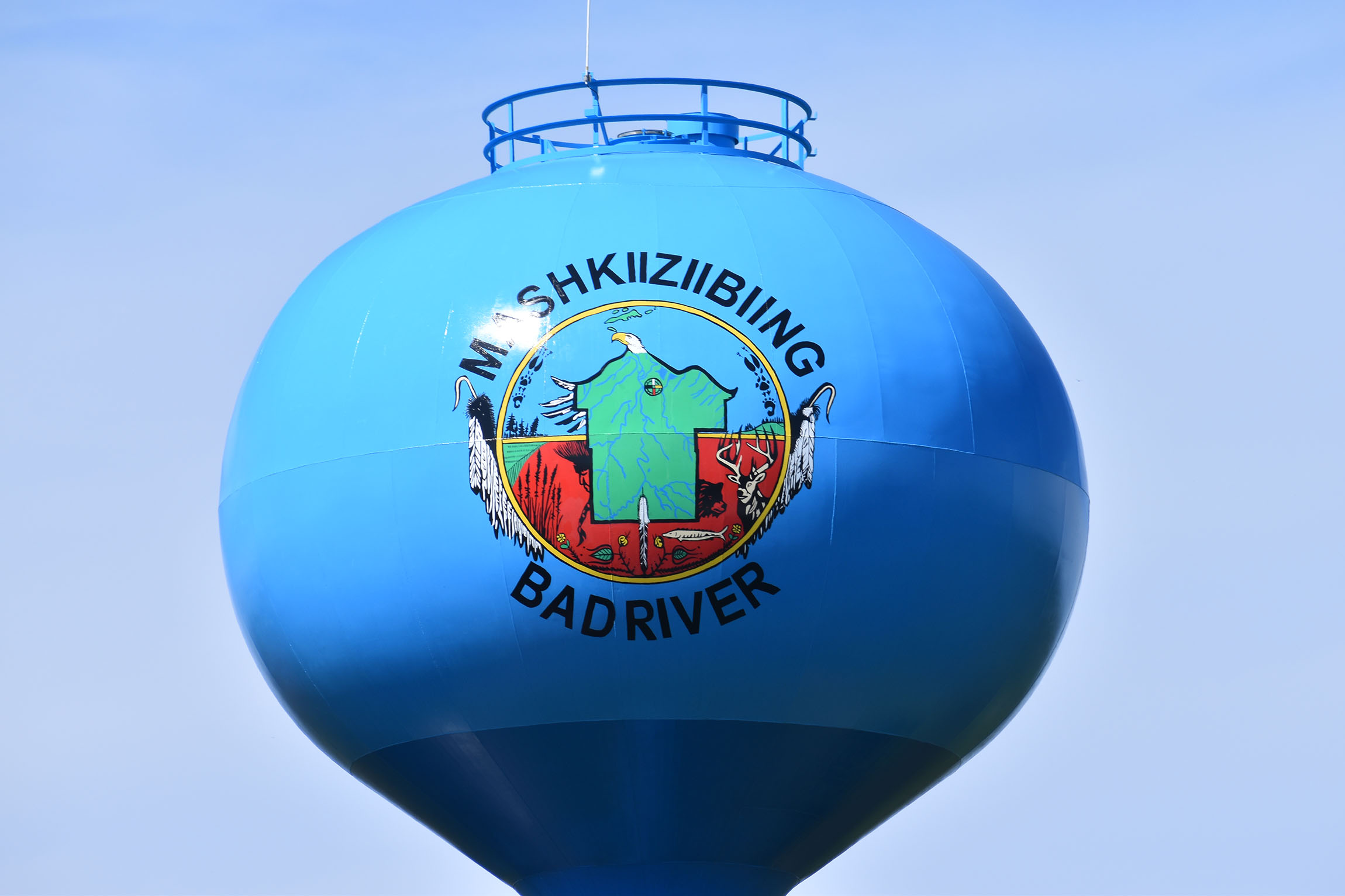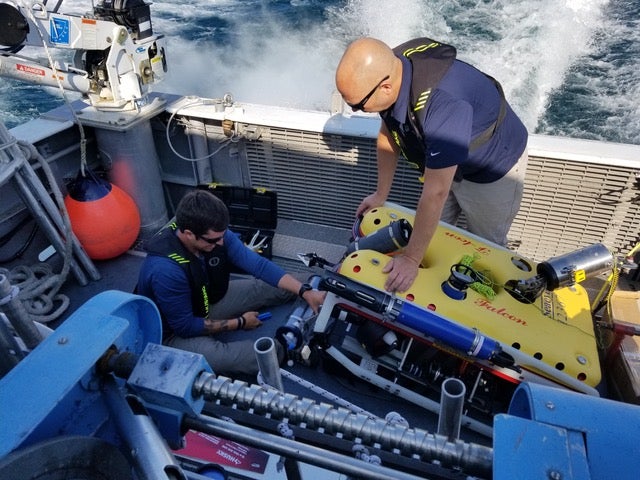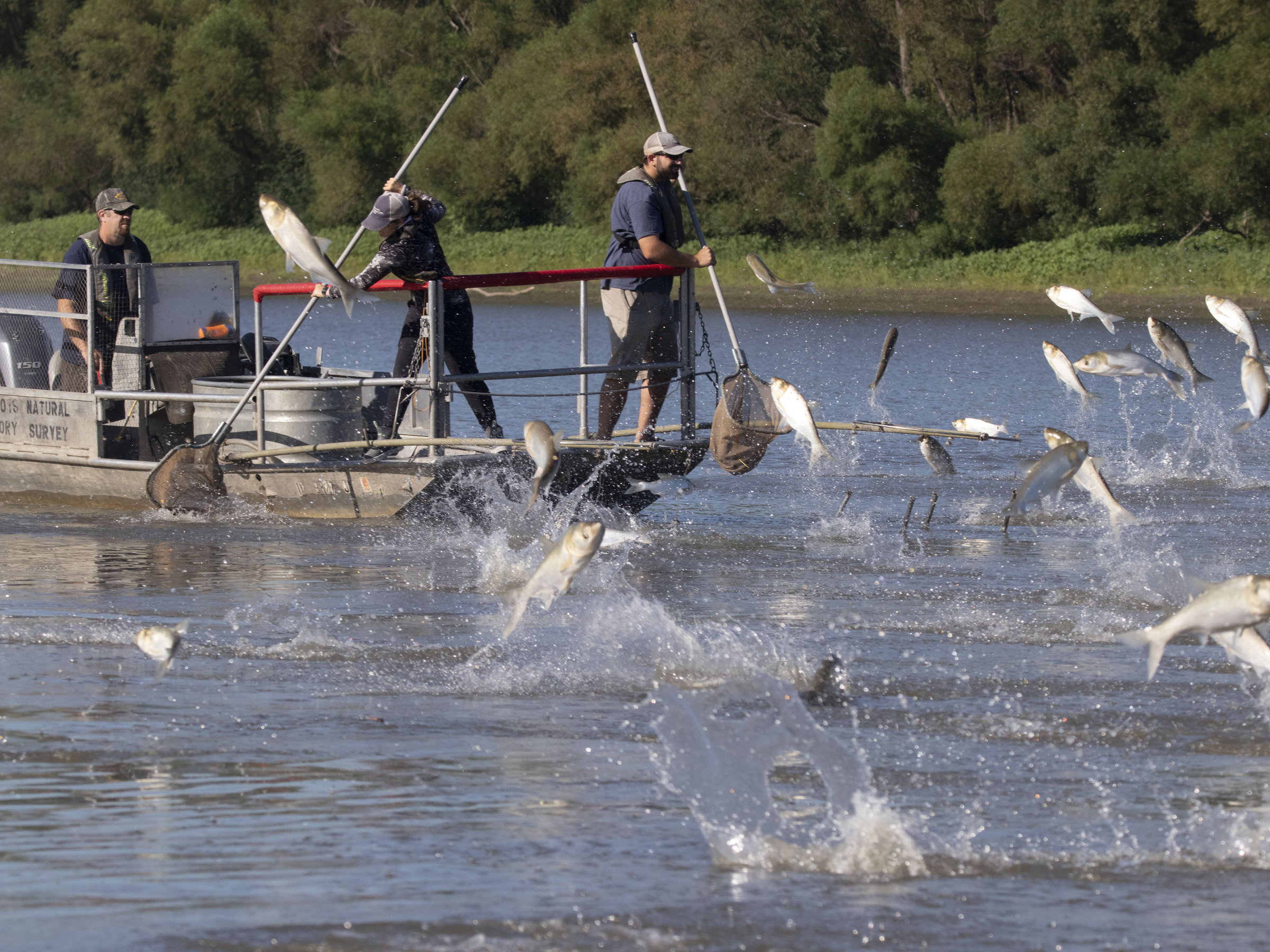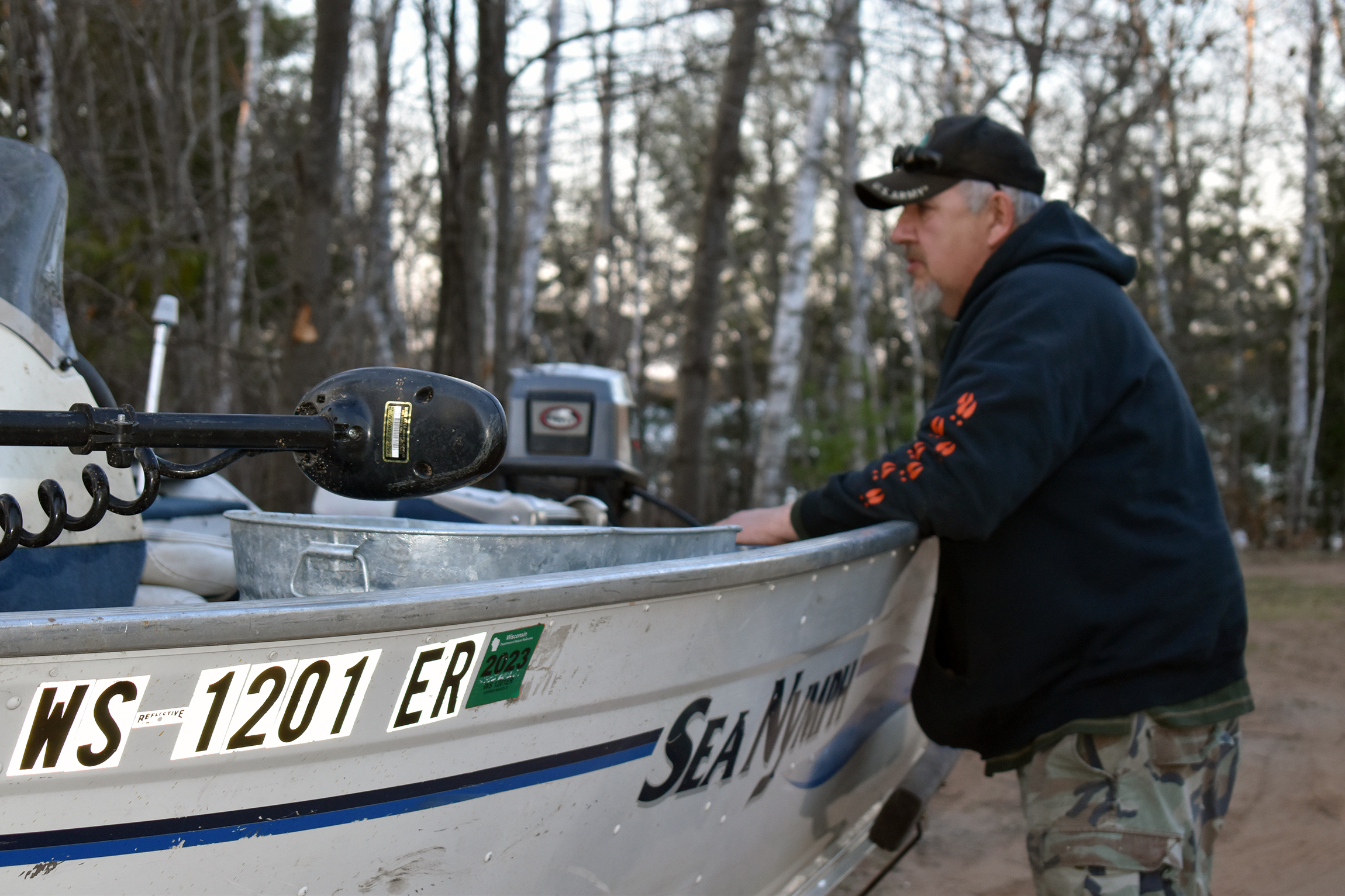A northern Wisconsin tribe wants to map the location of more U.S. Army munitions barrels that were dumped in Lake Superior during the Cold War from 1959 to 1962.
Officials with the Red Cliff Band of Lake Superior Chippewa hope to conduct another sonar survey in the lake between Duluth and Two Harbors next summer. A consultant for the tribe previously conducted a survey in 2008.
From 2012 to 2013, the Red Cliff tribe raised 25 of the 1,437 barrels dumped into the lake. The barrels contained cluster bomb detonators, slag, ash and trash. A tribal consultant, Ridolfi Enivornmental out of Seattle, found some barrels contained traces of toxic chemical. But,Gary Defoe Jr., the tribe’s project manager for the Native American Lands Environmental Mitigation Program, said the report found insufficient information to determine risks to the environment or human health.
Stay informed on the latest news
Sign up for WPR’s email newsletter.
He said the tribe is seeking more information to rule out potential impacts.
“We feel it’s imperative that we continue the investigation and try to do the best for everybody that lives around Lake Superior to see if this is potentially environmentally damaging to the lake and human health,” said Defoe.
The tribe had hoped to raise more barrels, but Defoe said that wouldn’t take place next summer.
A spokesman with the U.S. Army Corps of Engineers provided a statement on the agency’s efforts to work with the tribe to assess the evironmental impacts of the barrels on the lake bottom.
“USACE is currently working with the Tribe under a Cooperative Agreement to update the sites’ Strategic Project Implementation Plan to assist in providing a comprehensive picture of (Department of Defense) environmental impacts at the sites and tasks required for the mitigation of DoD impacts at the sites. USACE is also currently working with the Tribe to establish a new Cooperative Agreement to map barrel locations at the Lake Superior sites, as instructed by (the Office of the Secretary of Defense). This is based on the Investigation Report that was finalized in November, 2015,” the statement read.
Neither party would comment on the particulars of the agreement. Defoe said additional mapping will give the tribe more information on the condition of the barrels and the environment where they’re located.
Editor’s note: This story has been updated to more accurately reflect where the sonar survey is taking place, as well as the findings from a report compiled by the tribe’s consultant.
Wisconsin Public Radio, © Copyright 2025, Board of Regents of the University of Wisconsin System and Wisconsin Educational Communications Board.
